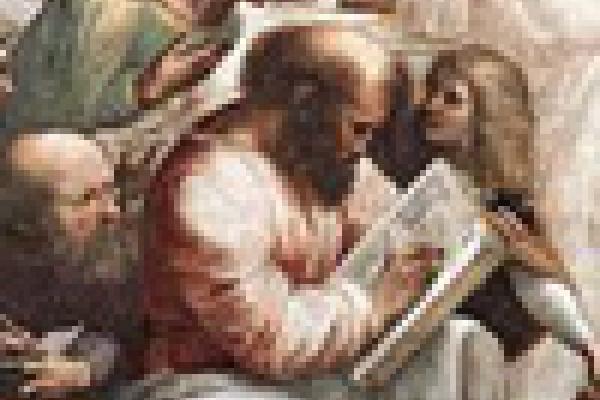Article

Triples and quadruples: from Pythagoras to Fermat
If there's one bit of maths you remember from school it's probably Pythagoras' theorem. But what's a Pythagorean triple? How many triples are there and how do you find them? And what about quadruples, quintuples, sextuples....
